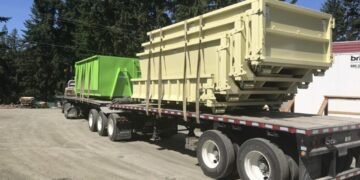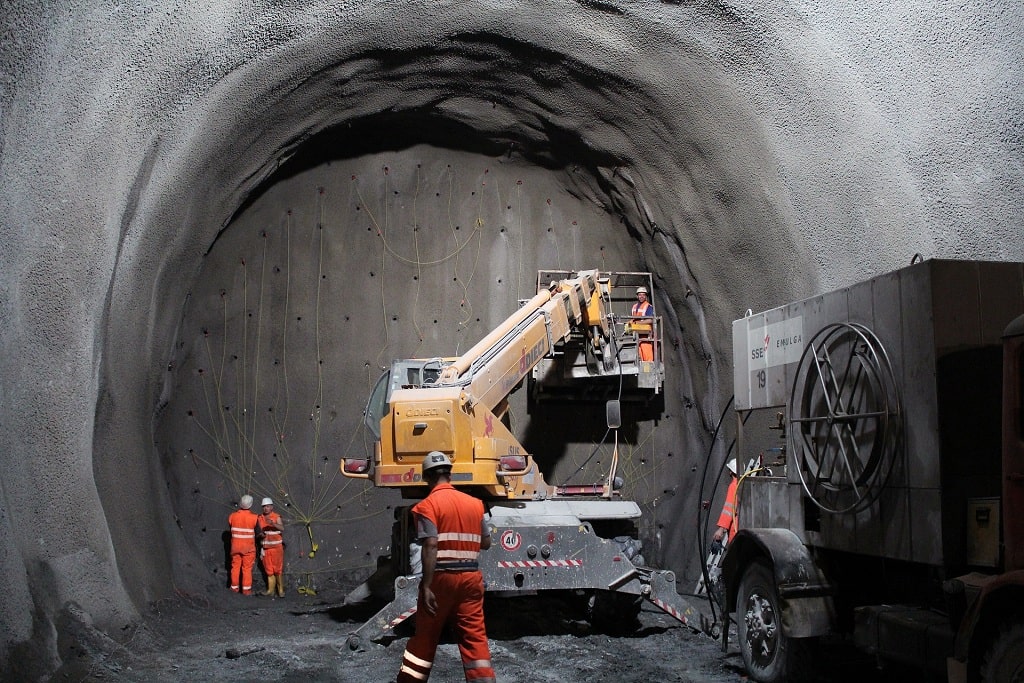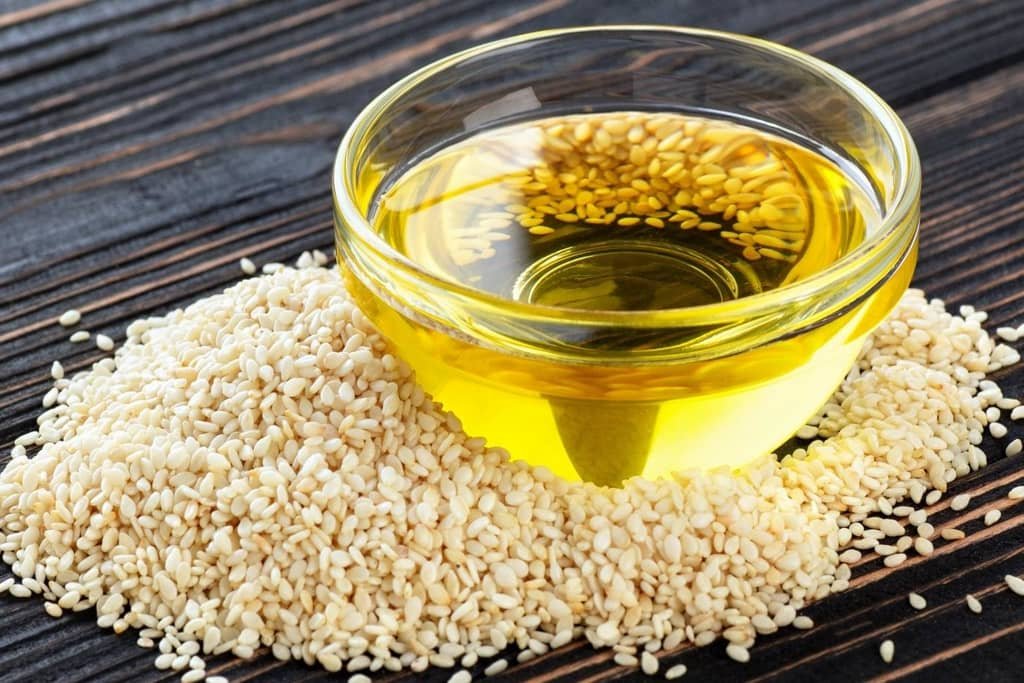Industries deal with a variety of raw materials, including solids, liquids, and even molten metal’s. The instruments and machinery that are to be used in an industry’s premises are designed after due consideration of the type of raw material consumed by it. Thus, a wide variety of machines populate an industry, some of which may be simpler while others may be a complex ensemble of many small devices.
Pump valves can be classified in the former category for they are mere instruments to regulate the amount and pressure of the liquid and/or gases passing through the same. Despite their simplicity, valve castings are an extremely precise and calculated production. In technical terms, they are referred to as fittings that can open, close, and partially limit the outflow of fluids, including slurries, fluidized solids, etc. Owing to the diversity of industries that have popped up, a huge number of valves are used in the manufacturing process. Some of the most common valves used across industries today are:
Easy and Sound Ball Valve
The simplest of all valve designs is that of a ball valve. It is a manually operated part that only allows two functions – turning “on” and “off” of the liquid flow. Made from solid metal alloys, it is capable of enduring the reactive actions of steam, water, oil, concentrated gases, and corrosive fluids. Its basic design does not allow reduction or increase of liquid pressure during its outflow. Therefore, it is particularly used in industries where intake of fluids is not a direct factor affecting production. Household plumbing needs and food processing industries use different types of ball valves for performing “shutoff” operations.
Also Read: Duplex Steel Castings and Their Use
Enhanced Gate Valve
Much like the ball valve, the gate valve is also an ideal choice for on and off operations. Though it differs in the fact that it causes a minute drop in the fluid pressure during the outflow. The composition of gate valve castings is sensitive to active ingredients; hence, the uses of these valves are restricted to petrochemical industries. Gate valves’ ability to promote metal-to-metal sealing proves to be instrumental in the petroleum processing.
Dynamic Yet Cheap Butterfly Valve
These valves take their name from the structure on which they are designed. They are cheaply available in the market at the costing price of ball valves, though they can perform much better functions. Besides, completely stopping and turning on the fluid flow, butterfly valves can also regulate the pressure of the outflow to a considerable extent. The versatility of its function and no reactivity towards chemicals makes them a well-suited choice for pharmaceutical, chemical, and food processing industries. They can be used to restrict and interrupt fluid flow in the midst of production for checking product quality.
Adaptable Globe Valve
Not all valve castings come with limited function set. Globe valve is the foremost of all industrial devices that can be used as per immediate requirements. It can efficiently regulate the flow in pipelines by increasing or decreasing the fluid pressure. They are specifically used to perform throttling applications. Hence, globe valves are actively used in drainage systems, water dispenser machines, and at large scale levels in turbine seals. In each of the mentioned fields, globe valves act as controllers of the amount of fluid passing through the machine.
Valve Castings essentially comprise of different kinds of ferrous and non-ferrous components. Their chemical ingredients are selected after considering the physical conditions under which the valves need to operate. Any contamination of fluid by the valve elements can cause the loss of valuable resources, besides posing a threat to the lives of numerable consumers who may use it consequently.

















































































